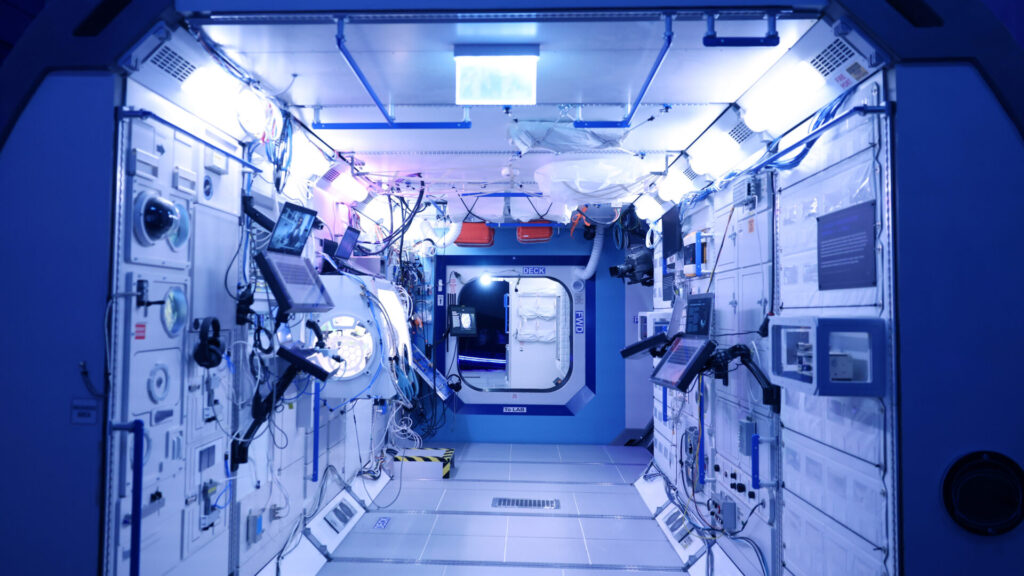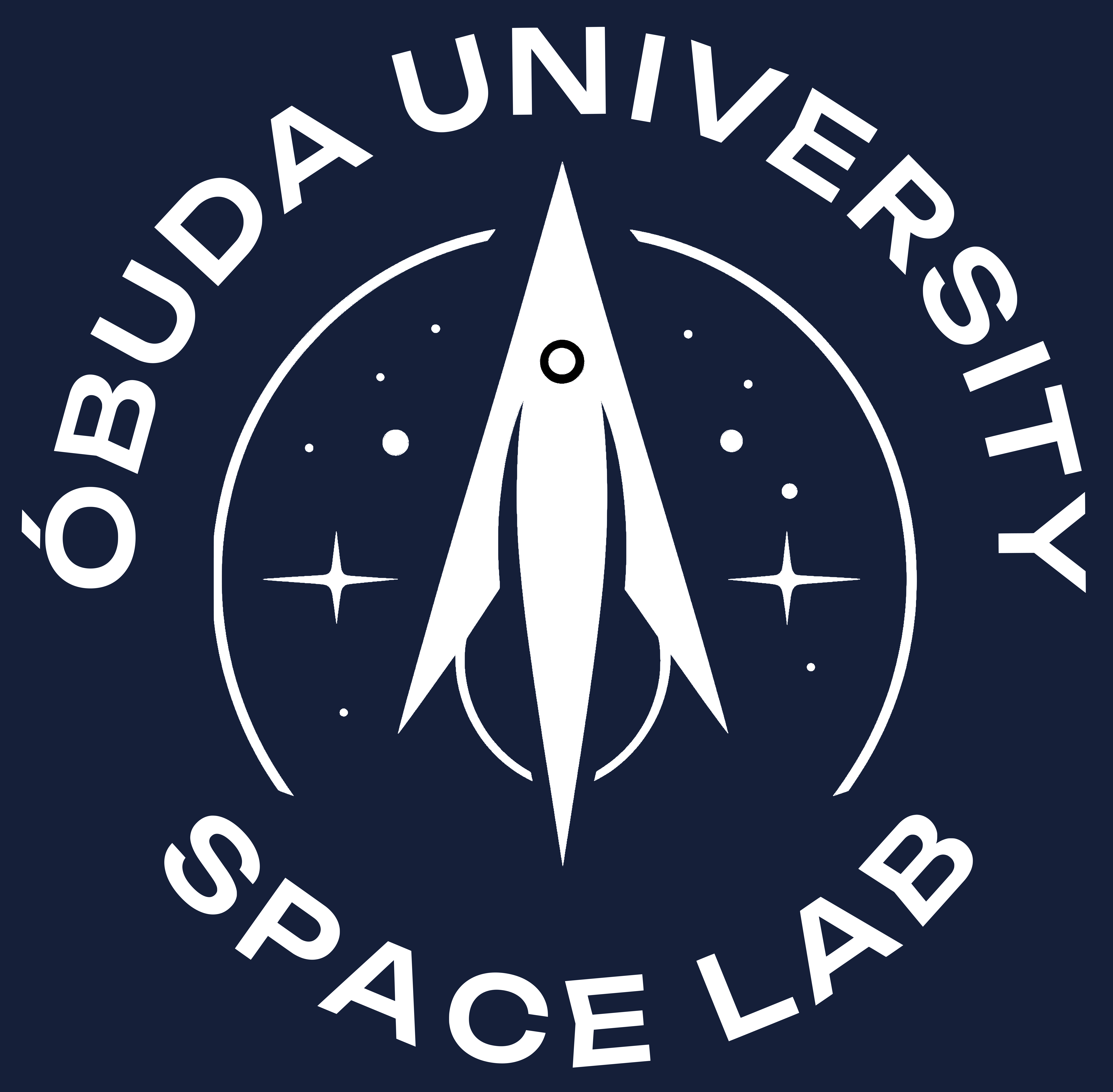Obuda University Joins the Hungarian Spacelab Network Program
A major agreement has been signed on July 14 to establish a space industry network under the name Hungarian Spacelab Network. The initiative brings together nine Hungarian higher education institutions—including Obuda University—two ministries, and the HUN-REN Hungarian Research Network.
In a ceremonial setting, the declaration of intent to establish the Hungarian Spacelab Network was signed today, laying the foundation for a new nationwide collaboration in space research and industry.
The goal of this partnership is to enable institutions to showcase their capabilities in a coordinated and unified manner—not only on a national level but also internationally.

In his welcome speech, Balázs Hankó, Minister of Culture and Innovation, emphasized that a country’s excellence in research, education, and science is reflected in its involvement in the space industry, space research, and space sciences. He stressed that Hungary has made significant progress in recent years. He recalled that “when the HUNOR program was launched, many were skeptical—but we reached our goals.” Achieving this required strong support from the Ministry of Foreign Affairs and Trade, the Ministry of Culture and Innovation, Hungarian universities, and the HUN-REN Hungarian Research Network, he noted.
He also mentioned that Hungarian universities have embarked on a major collaboration within the UniSpace program, which includes not only space pharmacology and space medicine, but also disciplines like food science and engineering. Minister Hankó described the Spacelab Network as an outstanding research collaboration that carries forward the groundwork laid by, among others, Hungarian astronaut Tibor Kapu’s experiments.
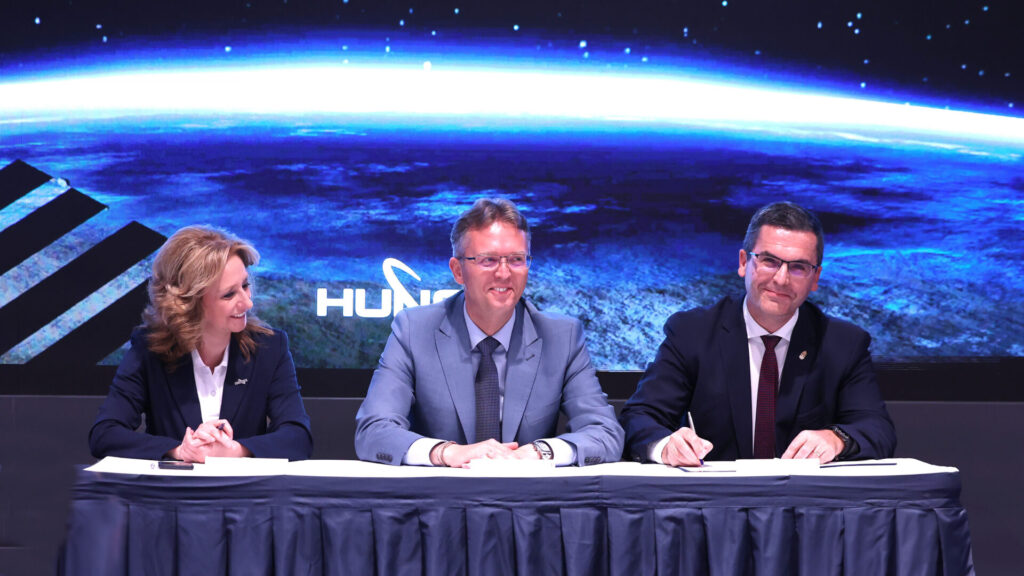
Orsolya Ferencz, Ministerial Commissioner for Space Research, highlighted that “we are writing the history of the 21st century in space through an explosively developing industry.” She emphasized the need for skilled researchers who can be retained in Hungary with meaningful scientific work, as well as the importance of attracting both Hungarian and international experts back to the country. She described the opportunities opened by the HUNOR program as enormous—including the establishment of a scientific laboratory network.
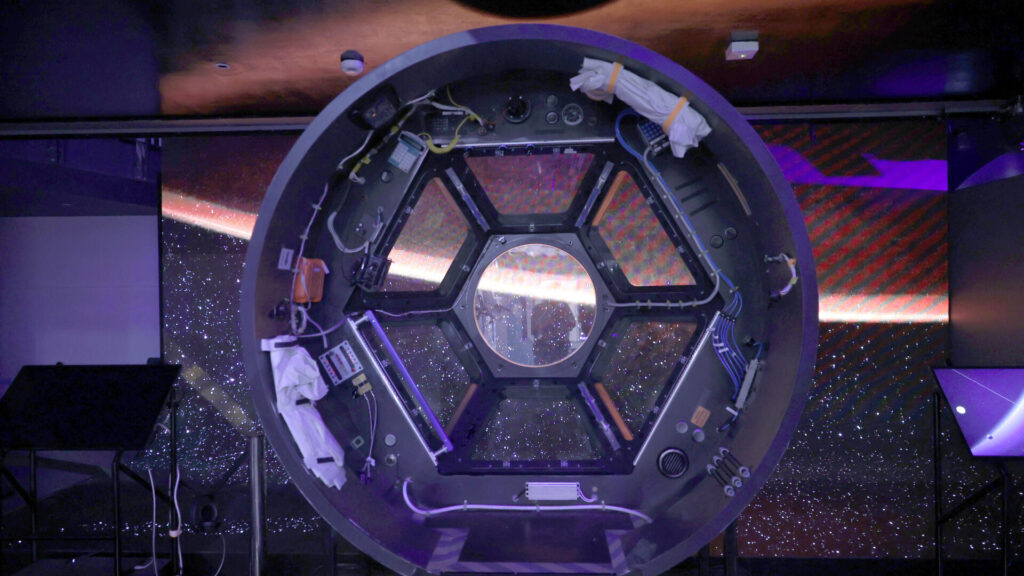
The participating universities—Semmelweis University, University of Miskolc, Eötvös Loránd University, University of Pécs, Széchenyi István University, University of Szeged, Budapest University of Technology and Economics, University of Debrecen, and Obuda University—are working together to foster innovation in the space sector, support sustainable growth, and strengthen Hungary’s international position in space science and the space industry. The network also provides an organizational framework for the coordinated development of space research in Hungary.
The establishment of the Hungarian Spacelab Network marks a new era in Hungary’s space industry and scientific life. It is expected to contribute to the country’s long-term, knowledge-based, and future-oriented development—an ambition that Obuda University is committed to supporting actively and proactively, emphasized Prof. Dr. Levente Kovács.
The Rector stated that the Hungarian Spacelab Network unites those universities that have demonstrated significant energy and research commitment in the HUNOR program, aiming to showcase their capabilities to the world.
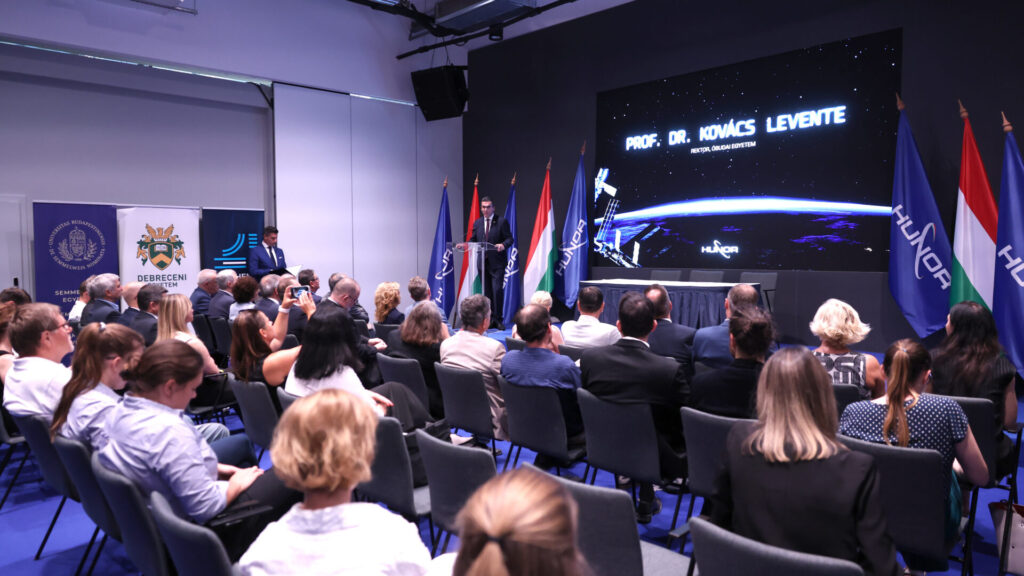
The participating universities continue to collaborate to unlock the innovative potential of the space sector, support sustainable development, and enhance Hungary’s international standing in space science and industry. At the same time, the network establishes a coordinated framework for the advancement of Hungarian space research.
